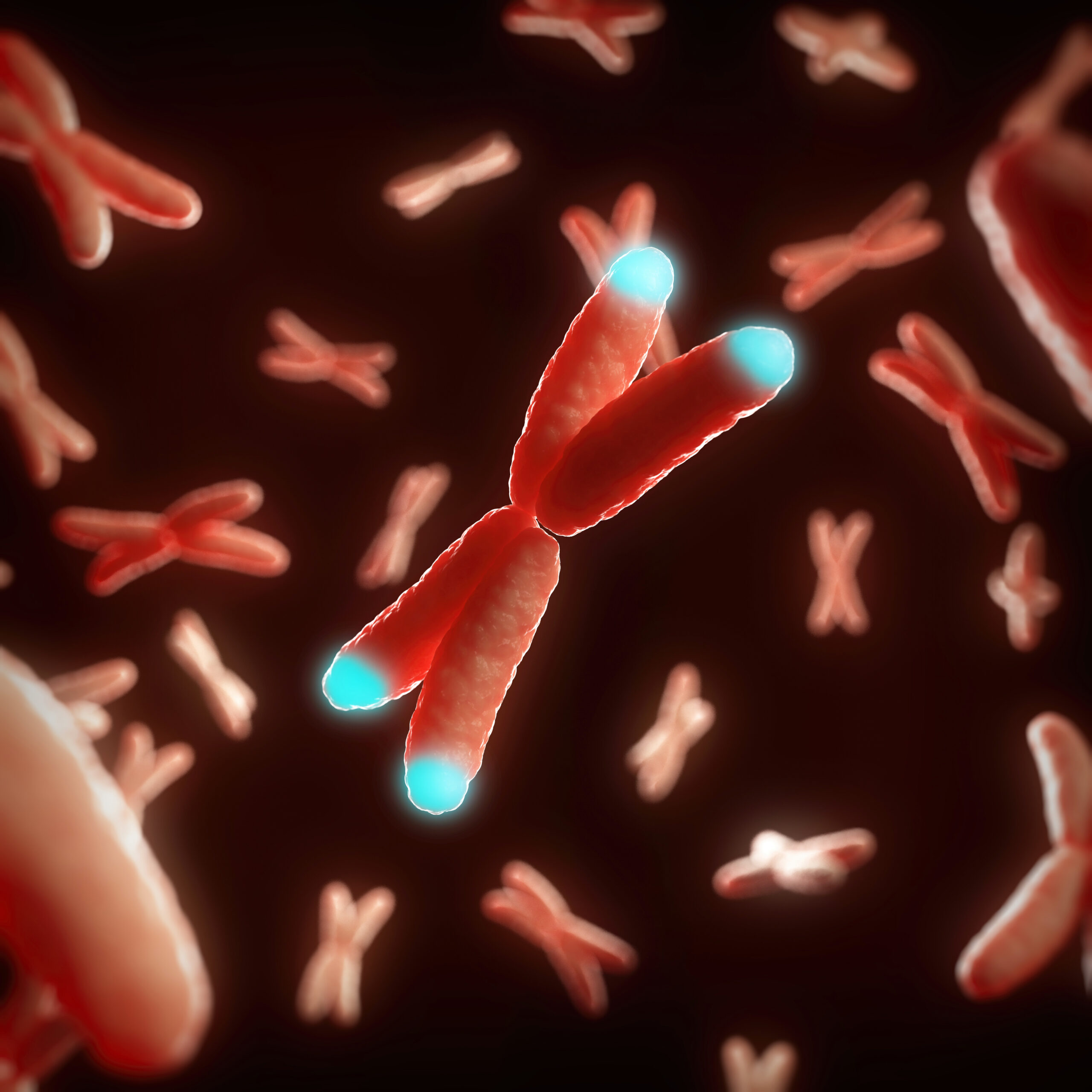Reversing Type 2 Diabetes
According to Professor Roy Taylor, their research has shown that: Type 2 diabetes is caused by a small amount of excess fat inside the liver and inside the pancreas It is a potentially reversible condition If a person has type 2 diabetes, they have become too heavy for their own body (nothing …





